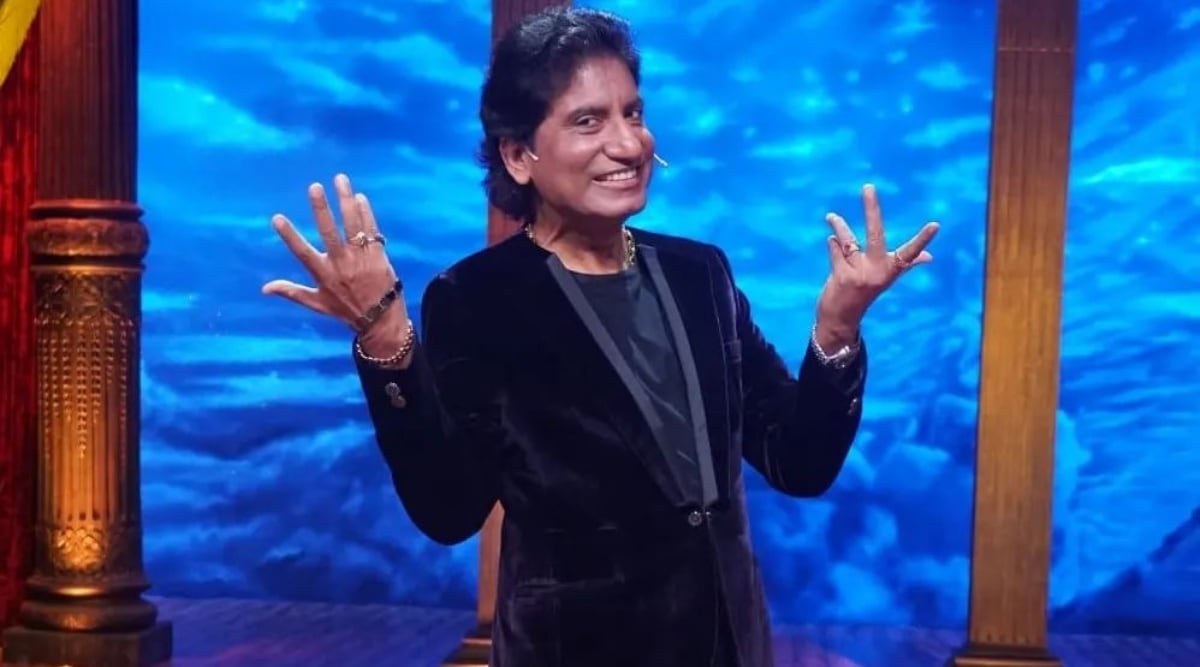Ace comedian and actor Raju Srivastava suffered a heart attack while training in a gym. But his is not the first news of its kind. There have been many cases of deaths on treadmills or even of footballers collapsing while playing.
“Recently there have been reports of apparently fit people having a sudden heart attack while exercise on a treadmill or perform some other form of vigorous exercise. This sounds counterintuitive, as exercise is known to promote heart health and prevent heart attacks. While the specific circumstances of previous health status and intensity of exercise performed are likely to vary in these cases, there are some general facts that will help explain this apparent paradox,” says Professor K. Srinath Reddy, cardiologist, epidemiologist and chair . Public Health Foundation of India (PHFI).
UNDERSTANDING PLAQUE RUPTURE
Explaining these sudden episodes, Dr. Reddy says, “Heart attacks occur when there is a sudden blockage of blood supply in one of the coronary arteries that supplies blood to the heart muscle. Chronic blockage of 70 percent or more in a coronary artery results in angina or chest pain with exertion, as the available blood supply fails to meet the body’s increased demand for oxygen during exercise and a strained heart. However, a heart attack (acute myocardial infarction) can occur when soft plaques that form in the coronary arteries rupture, causing a large clot to form. This can come without any prior warning symptoms. Even 30 percent plaques can rupture and cause a large obstructive clot to form.”
So how do plates form? “Plaques form in the coronary arteries due to damage caused to the lining of the blood vessels by factors that cause inflammation. High blood pressure, smoking, diabetes, unhealthy diets, stress, inadequate sleep, or a recent infection do that. Fat in the circulating blood then deposits at the site of injury to grow plaque. Each of these chronic causes of inflammation can also acutely precipitate plaque rupture leading to heart attack, if there is a sudden or severe increase in one or more of these factors. Vigorous exercise can also cause plaque to rupture or trigger electrical disturbances in the heart that lead to cardiac arrest,” adds Dr. Reddy.
EARLY MORNING SWELL
Most of these episodes occur in the early morning. “Usually there is a rise in blood pressure early in the morning, which is part of our evolutionary biology. The tendency for blood to coagulate is also greater at this time. If a person who has some underlying coronary risk factors, hasn’t slept well, is dehydrated, and is exercising vigorously, plaque instability can cause it to rupture and trigger large clots to form,” explains Dr. Reddy.
EXERCISE IS NOT BAD
This does not mean that exercise is bad for the heart. “It is essential to detect and control the risk factors that generate and break plaques in the coronary arteries. Care and caution are even more necessary in Indians who have an ethnic susceptibility to experiencing heart attack at younger ages than other population groups, for a number of reasons,” says Dr. Reddy.
CARDIAC DEATHS
Sudden cardiac death during strenuous exercise, such as a vigorous treadmill or snow shoveling, occurs in the setting of known heart blocks or, more often, occult coronary artery disease or blockage of heart arteries that have not yet been diagnosed. If a patient is revived in such a situation, they have a better outcome compared to a sudden resting arrest where the heart is usually weak (heart failure),” says Suman Bhandari, MD, visiting consultant, interventional cardiology, Fortis Escorts Heart Institute.
“When the treadmill is done at very high speed and/or incline, there is a double whammy, namely heart rate and blood pressure, which is a determinant of oxygen demand on the heart. High mets (metabolic equivalent) during a higher rate and for prolonged periods can cause undue stress on a compromised cardiac circulation in an environment of heart blocks. They cause sudden arrhythmia, unduly low blood pressure, or a heart attack. These people should be urgently evaluated with coronary angiography and should undergo appropriate revascularization, eg, stenting according to current guidelines,” adds Dr. Bhandari.
!function(f,b,e,v,n,t,s)
{if(f.fbq)return;n=f.fbq=function(){n.callMethod?
n.callMethod.apply(n,arguments):n.queue.push(arguments)};
if(!f._fbq)f._fbq=n;n.push=n;n.loaded=!0;n.version=’2.0′;
n.queue=[];t=b.createElement(e);t.async=!0;
t.src=v;s=b.getElementsByTagName(e)[0];
s.parentNode.insertBefore(t,s)}(window, document,’script’,
‘https://connect.facebook.net/en_US/fbevents.js’);
fbq(‘init’, ‘444470064056909’);
fbq(‘track’, ‘PageView’);
.
